It’s time to take podcast audience development seriously
If you need a reminder that we’re in the “pivot to podcast” era, then here’s a fun fact: In a year, the number of podcasts available on Spotify tripled — from 700,000 in 2019 to 2.2 million by the end of 2020. Broken down even further, that means more than 48 million individual podcast episodes (ranging from true crime to long-form interviews) competed for listeners’ attention. And that number is expected to grow even more in 2022.
With every media outlet, lifestyle brand, and nonprofit organization getting into the audio race, it won’t be enough to produce the first, the biggest, the best, or the most celebrity-filled podcast to attract ears. We’re past the point of “If you podcast it, the audience will come.”
In a sea of millions of pod-fish, how will your show breakthrough, connect with listeners, and hook them in for more? A strategic marketing and audience development plan, that’s what.
At Podglomerate, our guiding principle is to meet the podcast audience where they are, working with clients like PBS and various NPR stations to connect their podcast message to the people who will care the most. We do this with the help of three key questions:
- Who is the podcast for? If you say “everyone,” you need to go back to the drawing board! Even the most popular podcasts in the world aren’t downloaded by “everyone.” So spend some time getting to know your target audience, the people who are most likely going to be rushing to their podcast apps to listen to the latest episode of your show. With a little help from audience surveys and market research tools (HubSpot, Google Analytics, etc.), you’ll be able to paint a better picture of your ideal listener based on demographic details (age range, location, etc.) and sociographic markers (interests, values, etc.).
- Where is your audience? If you want to place your podcast in front of the right listeners, it’s important to know where those listeners go to be informed, entertained, and inspired. Given what you know about your target audience, which social media platforms (LinkedIn, TikTok, etc.) and media outlets (The Skimm, NPR, etc.) would be most effective in driving traffic? Don’t be afraid to look at your podcast’s competitors for additional ideas.
- How can you connect your content to that audience? By taking just as much time building podcast relationships as constructing the editorial content itself. That means taking the time to authentically and empathetically engage with the target audience, like when a podcast creator hosts a Reddit AMA to answer questions on a relevant topic. That also means taking the time to foster connections within the podcast industry, perhaps after attending a beloved podcast conference virtually/in-person and meeting pod professionals at Podcast Movement, She Podcasts, or Afros & Audio. (You never know when a connection could lead to an earned or paid marketing opportunity like a podcast cross-promotion, feed drop, or app feature.) And make sure to take the time to introduce yourself to the podcast newsletter writers and reporters, who not only connect new podcasts with adoring podcast fans, but who also bring context and clarity to the evolving audio landscape.
That’s the secret: Podcast audience development is really just an elaborate disguise for podcast relationship building. As you grow stronger ties with loyal listeners, you’re also establishing deeper bonds amongst audio creators, writers, app developers, and the wider podcast community, all of whom can amplify your content even further to encourage discoverability.
That’s what we should work toward in 2022: A more humanized approach to podcasting, one that prioritizes authentic connections with listeners, meeting the audience where they are rather than where you want them to be.
Joni Deutsch is vice president of podcast marketing and audience development at Podglomerate.

If you need a reminder that we’re in the “pivot to podcast” era, then here’s a fun fact: In a year, the number of podcasts available on Spotify tripled — from 700,000 in 2019 to 2.2 million by the end of 2020. Broken down even further, that means more than 48 million individual podcast episodes (ranging from true crime to long-form interviews) competed for listeners’ attention. And that number is expected to grow even more in 2022.
With every media outlet, lifestyle brand, and nonprofit organization getting into the audio race, it won’t be enough to produce the first, the biggest, the best, or the most celebrity-filled podcast to attract ears. We’re past the point of “If you podcast it, the audience will come.”
In a sea of millions of pod-fish, how will your show breakthrough, connect with listeners, and hook them in for more? A strategic marketing and audience development plan, that’s what.
At Podglomerate, our guiding principle is to meet the podcast audience where they are, working with clients like PBS and various NPR stations to connect their podcast message to the people who will care the most. We do this with the help of three key questions:
- Who is the podcast for? If you say “everyone,” you need to go back to the drawing board! Even the most popular podcasts in the world aren’t downloaded by “everyone.” So spend some time getting to know your target audience, the people who are most likely going to be rushing to their podcast apps to listen to the latest episode of your show. With a little help from audience surveys and market research tools (HubSpot, Google Analytics, etc.), you’ll be able to paint a better picture of your ideal listener based on demographic details (age range, location, etc.) and sociographic markers (interests, values, etc.).
- Where is your audience? If you want to place your podcast in front of the right listeners, it’s important to know where those listeners go to be informed, entertained, and inspired. Given what you know about your target audience, which social media platforms (LinkedIn, TikTok, etc.) and media outlets (The Skimm, NPR, etc.) would be most effective in driving traffic? Don’t be afraid to look at your podcast’s competitors for additional ideas.
- How can you connect your content to that audience? By taking just as much time building podcast relationships as constructing the editorial content itself. That means taking the time to authentically and empathetically engage with the target audience, like when a podcast creator hosts a Reddit AMA to answer questions on a relevant topic. That also means taking the time to foster connections within the podcast industry, perhaps after attending a beloved podcast conference virtually/in-person and meeting pod professionals at Podcast Movement, She Podcasts, or Afros & Audio. (You never know when a connection could lead to an earned or paid marketing opportunity like a podcast cross-promotion, feed drop, or app feature.) And make sure to take the time to introduce yourself to the podcast newsletter writers and reporters, who not only connect new podcasts with adoring podcast fans, but who also bring context and clarity to the evolving audio landscape.
That’s the secret: Podcast audience development is really just an elaborate disguise for podcast relationship building. As you grow stronger ties with loyal listeners, you’re also establishing deeper bonds amongst audio creators, writers, app developers, and the wider podcast community, all of whom can amplify your content even further to encourage discoverability.
That’s what we should work toward in 2022: A more humanized approach to podcasting, one that prioritizes authentic connections with listeners, meeting the audience where they are rather than where you want them to be.
Joni Deutsch is vice president of podcast marketing and audience development at Podglomerate.
Shannon McGregor Carolyn Schmitt

Victor Pickard

Izabella Kaminska
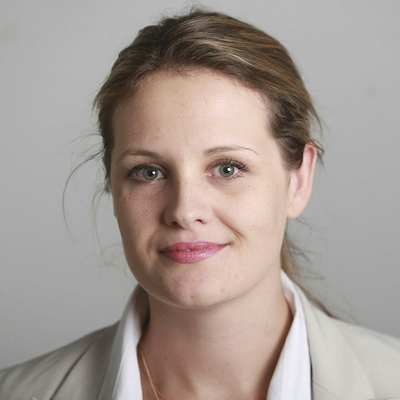
Jessica Clark

Cherian George
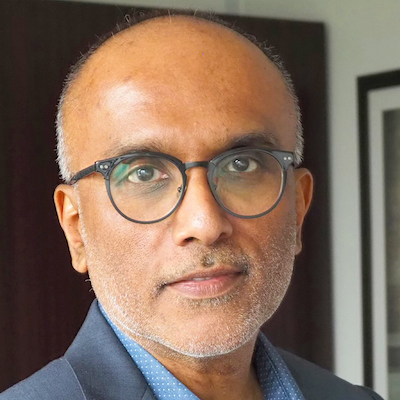
Andrew Freedman

Sarah Stonbely

Jesenia De Moya Correa
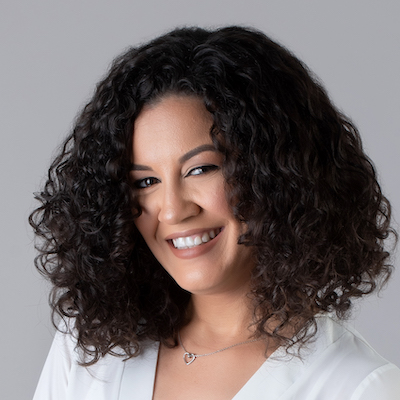
Anika Anand

Jennifer Brandel

Kerri Hoffman
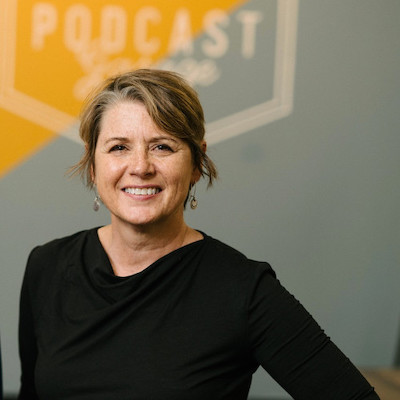
Jennifer Coogan

Ariel Zirulnick
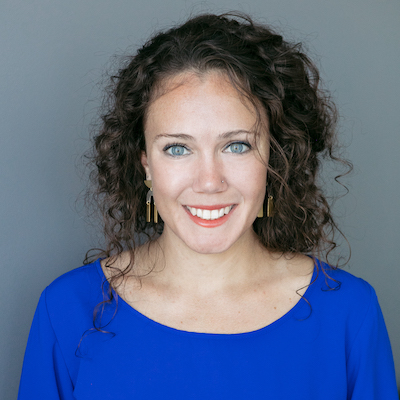
Daniel Eilemberg

Christoph Mergerson
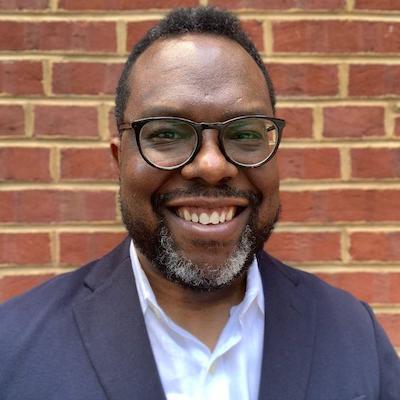
A.J. Bauer

James Salanga

Shalabh Upadhyay
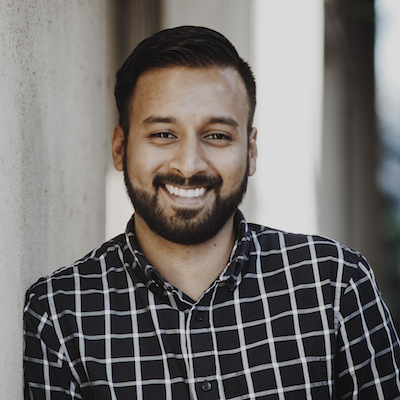
Amy Schmitz Weiss
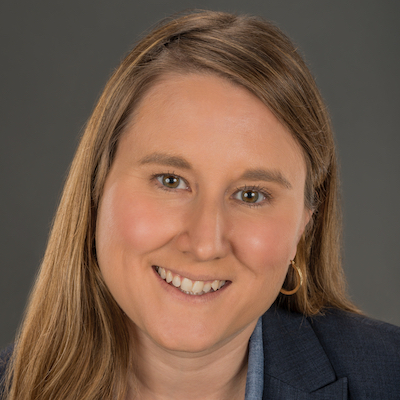
Joy Mayer

Megan McCarthy

Michael W. Wagner

Errin Haines

James Green

Chicas Poderosas

Mario García
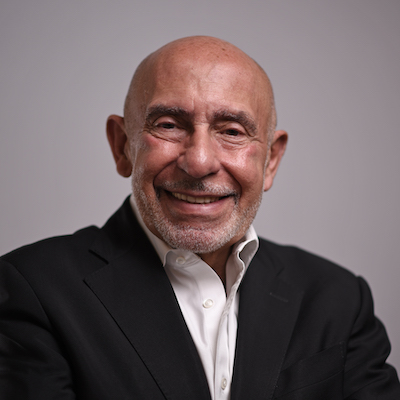
Paul Cheung

Gonzalo del Peon

Parker Molloy

Amara Aguilar

Mandy Jenkins

Rasmus Kleis Nielsen

Ståle Grut

Melody Kramer

Jonas Kaiser

Anita Varma

Candace Amos
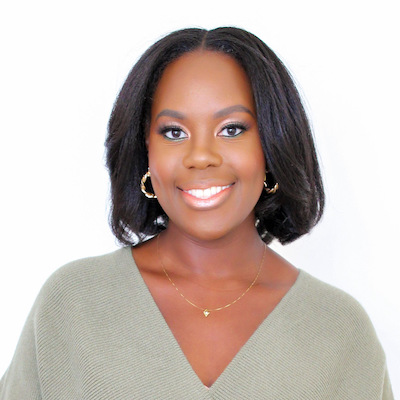
Gordon Crovitz

Christina Shih

Laxmi Parthasarathy

David Skok
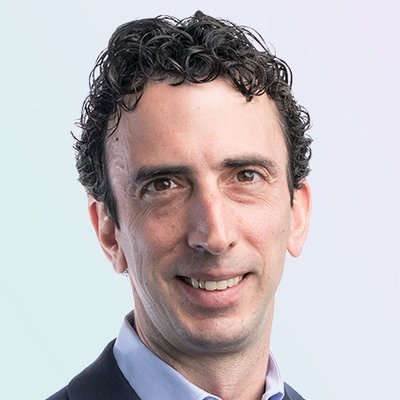
Zizi Papacharissi
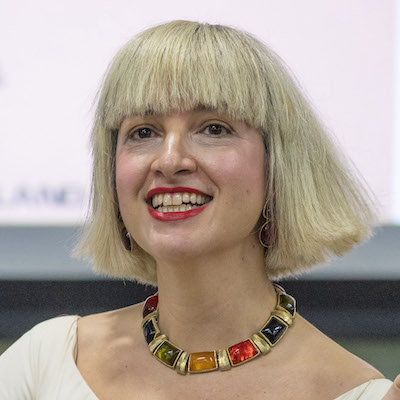
Rachel Glickhouse

Anthony Nadler

Nik Usher

Simon Galperin

David Cohn

Doris Truong

Cristina Tardáguila
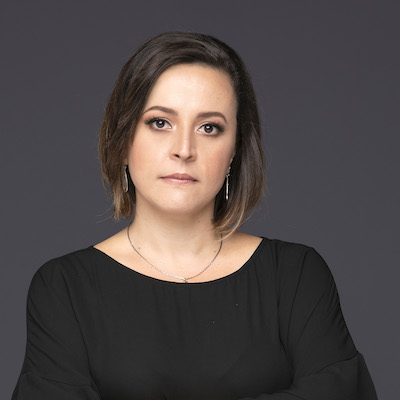
Millie Tran
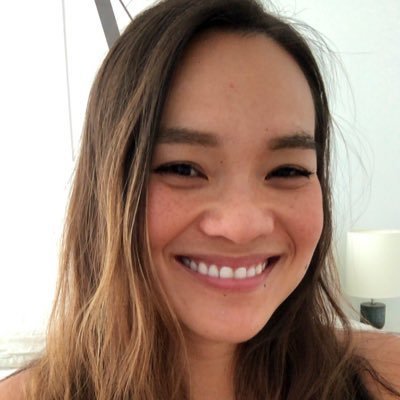
Alice Antheaume
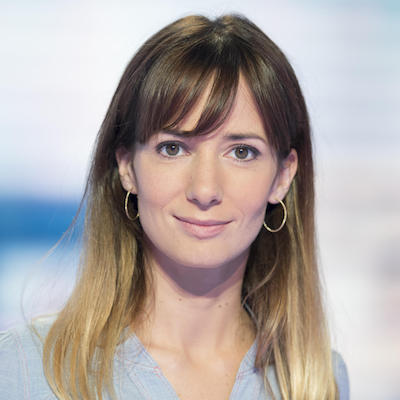
Don Day

Matthew Pressman

Juleyka Lantigua

Wilson Liévano
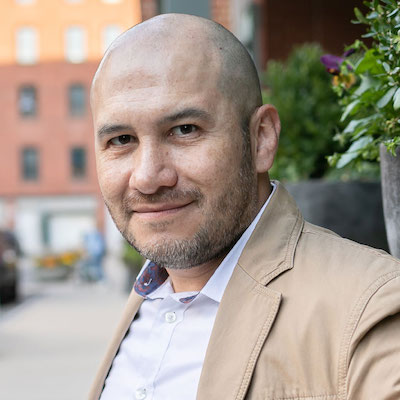
Kristen Muller
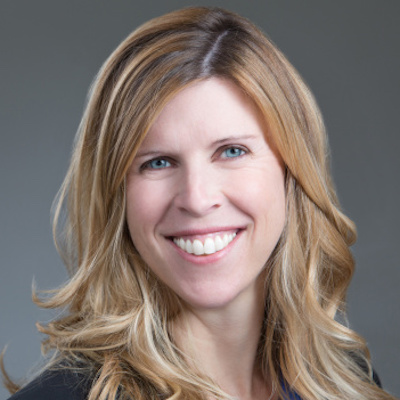
Brian Moritz

Meena Thiruvengadam
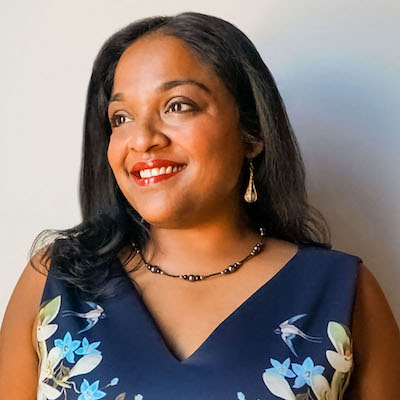
Mary Walter-Brown

Jody Brannon

Gabe Schneider

Mike Rispoli
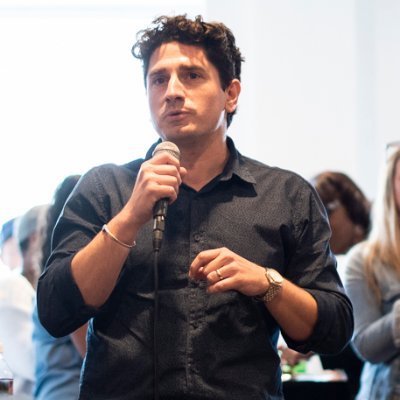
S. Mitra Kalita
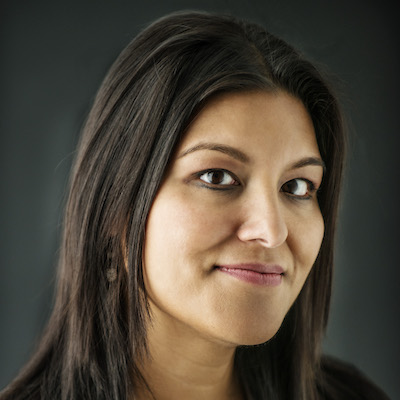
Stefanie Murray

Jim Friedlich
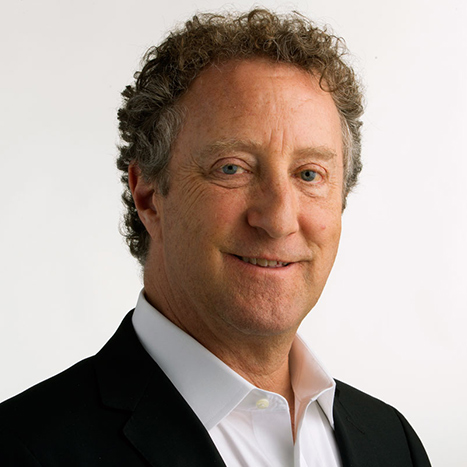
Tony Baranowski

Eric Nuzum

Moreno Cruz Osório

Francesco Zaffarano
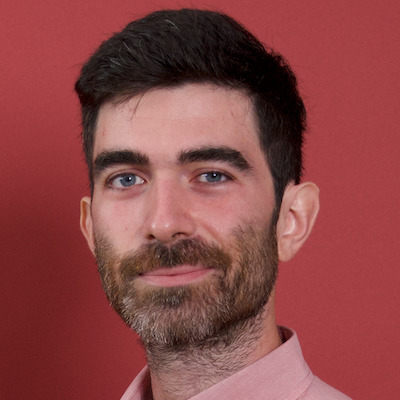
Tamar Charney

j. Siguru Wahutu

Stephen Fowler

Tom Trewinnard
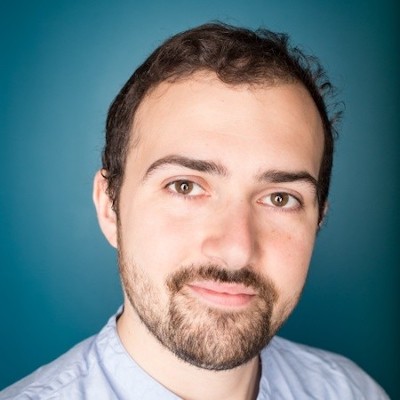
Joe Amditis

Cindy Royal

Whitney Phillips

Julia Munslow

Sam Guzik

AX Mina

Burt Herman
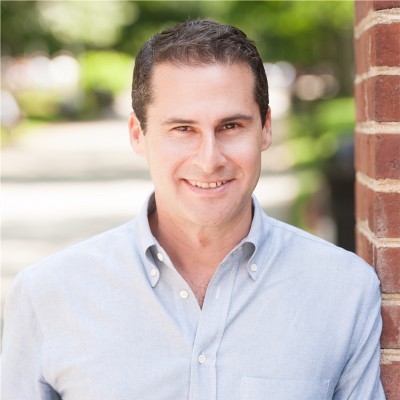
Kathleen Searles Rebekah Trumble

Chase Davis

Jesse Holcomb
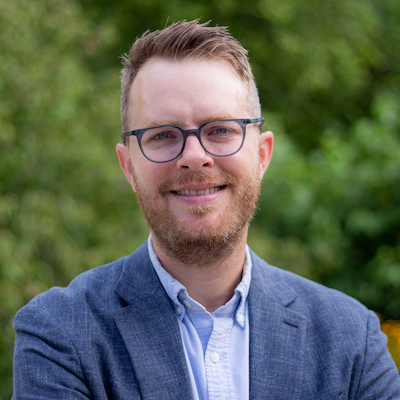
John Davidow

Joni Deutsch

Joanne McNeil

Matt Karolian
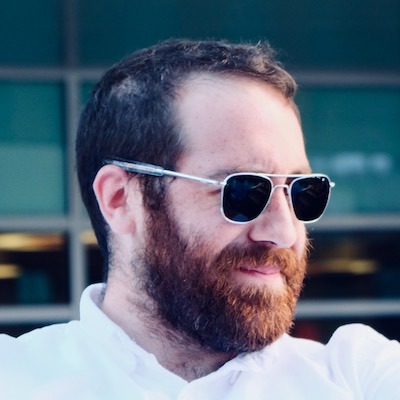
Matt DeRienzo
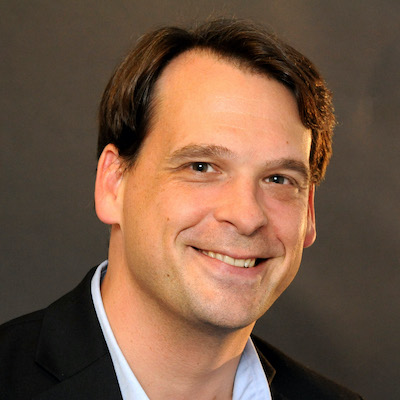
Richard Tofel

Robert Hernandez
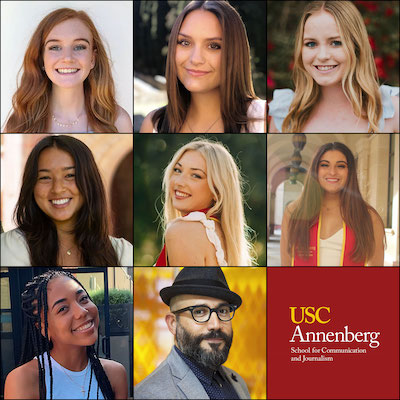
Kristen Jeffers
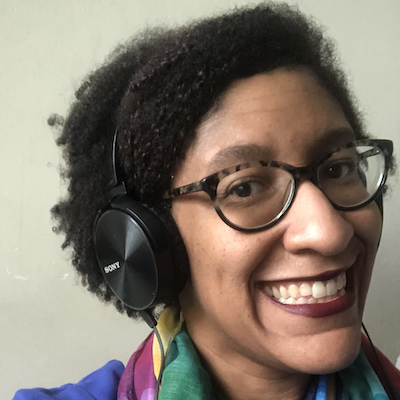
Joshua P. Darr

Julia Angwin
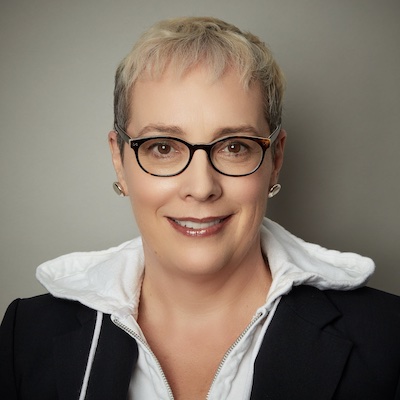
Sarah Marshall

Raney Aronson-Rath
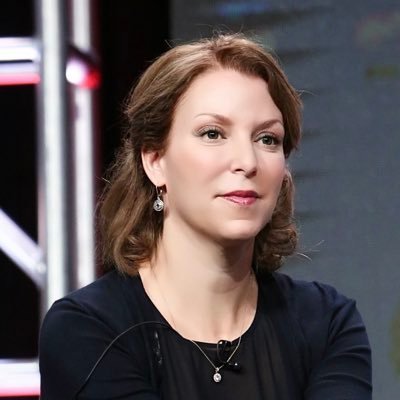
Catalina Albeanu

Simon Allison

Natalia Viana

Larry Ryckman

Kendra Pierre-Louis
